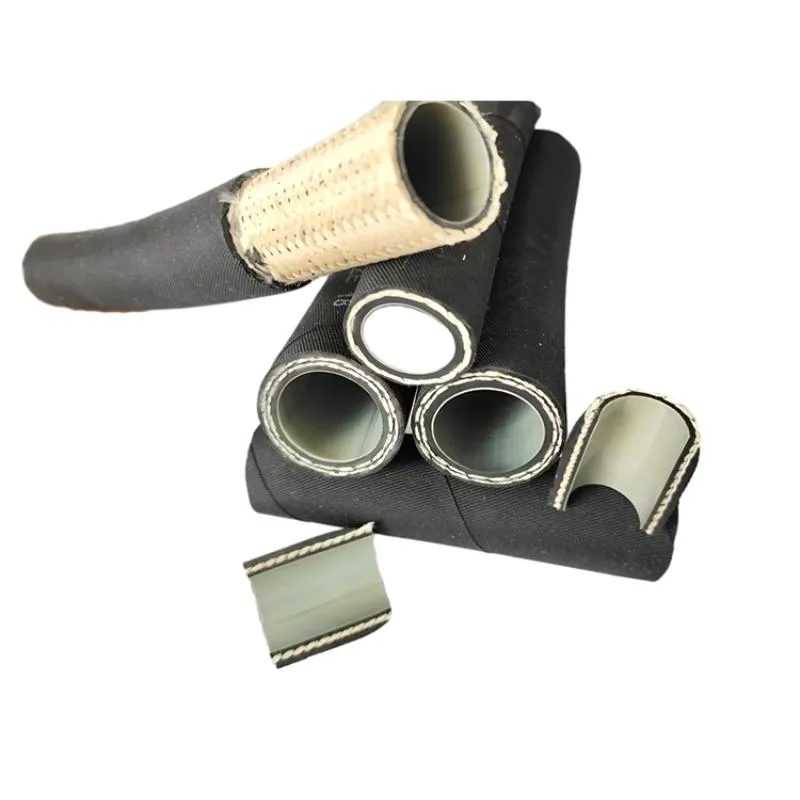Diesel Heater Fuel Line Installation and Maintenance Guide
Dec . 05, 2024 08:07 Back to list
Diesel Heater Fuel Line Installation and Maintenance Guide
Understanding Diesel Heater Fuel Pipes Essential Components for Efficient Operation
Diesel heaters are widely used in various applications, such as automotive heating, industrial processes, and even for residential heating solutions. One of the crucial components of a diesel heater is the fuel pipe. This article will delve into the significance of diesel heater fuel pipes, their design, considerations for installation, and maintenance practices to ensure optimal performance.
Importance of Diesel Heater Fuel Pipes
The fuel pipe in a diesel heater is responsible for transporting fuel from the tank to the combustion chamber. It plays a vital role in ensuring a consistent and reliable supply of diesel, which is essential for maintaining the heater's efficiency and performance. A properly functioning fuel pipe will ensure that the heating system operates smoothly, providing warmth in cold environments or during winter months.
Design and Materials
Diesel heater fuel pipes are designed to withstand high temperatures and pressures associated with diesel fuel transportation. Typically, they are made from durable materials such as rubber or high-grade stainless steel. Rubber fuel pipes are flexible and can accommodate vibrations, making them suitable for automotive applications. In contrast, stainless steel pipes are robust and resistant to corrosion, making them ideal for industrial applications.
Design considerations also include the diameter of the fuel pipe, which impacts the flow rate of the diesel fuel. A pipe that is too narrow may restrict fuel flow, leading to performance issues, while a pipe that is too wide may cause unnecessary fuel wastage.
Installation Considerations
When installing a diesel heater, attention must be paid to the fuel pipe's placement and connections
. Here are some essential installation tips1. Routing The fuel pipe should be routed in a manner that avoids sharp bends and kinks, which can restrict fuel flow. Straight runs are ideal, and any bends should follow a gentle curve to minimize resistance.
2. Secure Connections Every connection point should be tightly fastened to prevent leaks. Using appropriate fittings and clamps is crucial to ensure that the fuel line remains secure under pressure.
diesel heater fuel pipe

3. Insulation In colder climates, insulating the fuel pipe can help prevent diesel from gelling in low temperatures. Insulation materials can maintain a consistent temperature within the fuel line, ensuring smooth fuel flow.
4. Gravity and Slope When installing fuel pipes, it is essential to consider the gravity flow of the fuel. Ensure that the pipes are inclined towards the heater to facilitate proper fuel supply.
Maintenance Practices
To ensure the longevity and reliability of the diesel heater fuel pipe, regular maintenance is necessary. Here are some best practices for fuel pipe maintenance
1. Inspection Regularly inspect the fuel pipe for any signs of wear, cracks, or leaks. Damage can lead to significant issues, from combustion inefficiencies to potential fire hazards.
2. Cleaning Keep the fuel lines clean to prevent blockages. Contaminants in the diesel fuel can build up in the fuel pipe, affecting the heater's performance. Periodic cleaning of the fuel system is advisable.
3. Fuel Quality Use high-quality diesel fuel to minimize the risk of deposits forming in the fuel pipe. Poor-quality fuel can contain contaminants that exacerbate maintenance issues.
4. Replacement If any section of the fuel pipe shows signs of significant wear or damage, it is better to replace it rather than risk a failure. Choosing the right type of fuel pipe material for your application will also enhance durability.
Conclusion
In summary, the diesel heater fuel pipe is an essential component that directly impacts the performance and efficiency of the heating system. Understanding its design, installation considerations, and maintenance practices can lead to enhanced functionality and longevity of the diesel heater. By following these guidelines, users can ensure a reliable and efficient heating solution, providing warmth and comfort when it is needed most. Whether used in vehicles, industrial settings, or homes, the significance of a well-maintained diesel heater fuel pipe cannot be overstated.
